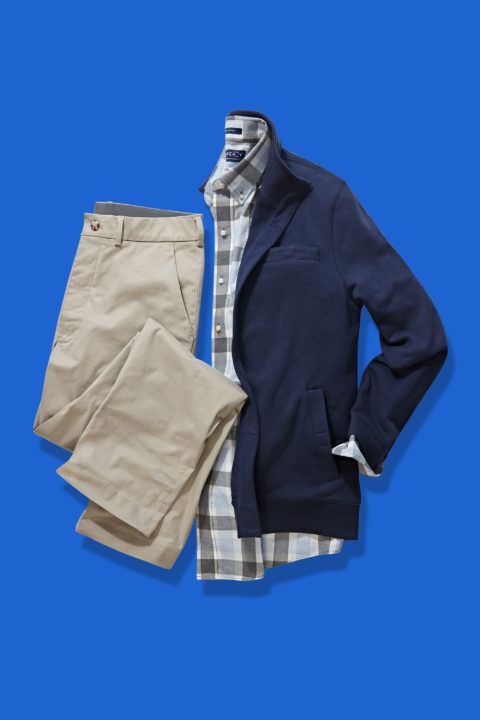We caught up with founder Maura Horton to find out more about the site.
Date October 28, 2020
“We want to break barriers and stereotypes, we want to open the conversation to many more people,” Maura Horton, the founder of MagnaReady clothing, tells us over the phone about her newest venture, Juniper UNLTD, a website focused on providing content, community and commerce to people with disabilities.
The name Juniper, Horton tells us, is a nod to the Juniper tree which “is the tree of life [which goes] back to the ethos of what we are, an evergreen tree – our messaging, our community are evergreen, this isn’t something that people necessarily grow in and out of so it’s the tree of life and we’re trying to change life.” And UNLTD for the unlimited potential of the site and its community.
Launched this month, the website has an e-commerce function (more on that in a minute) and also acts as a resource centre and editorial space. The latter is overseen by Sinéad Burke. “We brought Sinéad in for the content side to make sure we had the right messaging that we wanted to relay to people,” Horton explains. They also crowdsource content from their own community. “I think where change really happens is from hearing from other people in the community, and so we’re really passionate about uplifting everyone’s voices and having articles and stories written by people in the community who have a great perspective and haven’t necessarily been able to communicate their messages to wide audiences.”
On the style front, the website offers slick items that wouldn’t look out of place on any other e-comm platform – they key difference being that they are designed with adaptive purposes in mind. For example, Horton’s own line MagnaReady offers a range of cool clothing for men that features her magnetic closure design for ease. The inspiration for her product came when her husband, a college football coach, who at the age of 48 was diagnosed with early onset Parkinson’s disease, discovered that after a game one night he wasn’t able to change out of his clothes (now-NFL quarterback Russell Wilson went to help him that night). After he told her the story, Horton set out to find products that would help. She came up short. “I was disheartened by what I saw visually, what was available was really limited,” she says. So, she made her own pieces. “I really wasn’t going to create a company, I was just trying to change his life.” Upon creating the pieces, she quickly realized the greater demand for the items well beyond her own family and MagnaReady was born. Her husband passed away in 2015 but his legacy lives on in the company and what its pieces bring to those for whom adaptive design is so crucial.

“Independence is key for all of us,” she says of the importance of adaptive design items like MagnaReady, before recalling something her husband once said to her. “My husband would say, ‘I don’t want to have to ask you to help me. I know you want to, that’s not the issue, but I want to be able to get up in the morning and not have to struggle with something in the first 15 minutes’ – and that always stuck with me.” She adds that in addition to the independence that adaptive designs offer, they also provide “confidence, the ability to complete a task, the ability to wear what you want to wear and not always be relegated to this sub-par product offering because that’s all that’s available to you.”
A key – and incredulous, given we’re in 2020 – example of the lack of options available for those with disabilities is Judith Heumann. Horton tells us she and her team are working with the disability rights activist and TIME 100 honouree to develop footwear for her. “She has been wearing the same pair of shoes for 10 years because she cannot find anything else available. As soon as the straps wear out, she has them replaced. That’s just unacceptable. This is the leading disability rights activist in the United States and she can’t find shoes.”
The site (which has shipping to Canada) currently offers pieces from eight brands, including sneakers, jewellery and lifestyle products, and will expand to 20-30 brands by year’s end with some exciting new launches in the works. The categories on site will also expand from tech, style, home, food, wellness and care to also include employment.

As for the ultimate goal of the website, Horton says that, in addition to continuing to build the community and resources available to them, she hopes to render one aspect of the website no longer necessary. “At the end of the day, we hope that the commerce piece isn’t needed from us because all companies will be doing it on their own, that these products will be available on other websites. Until then, we’re going to keep [delivering these items] and trying to curate it in a fashionable way.”

